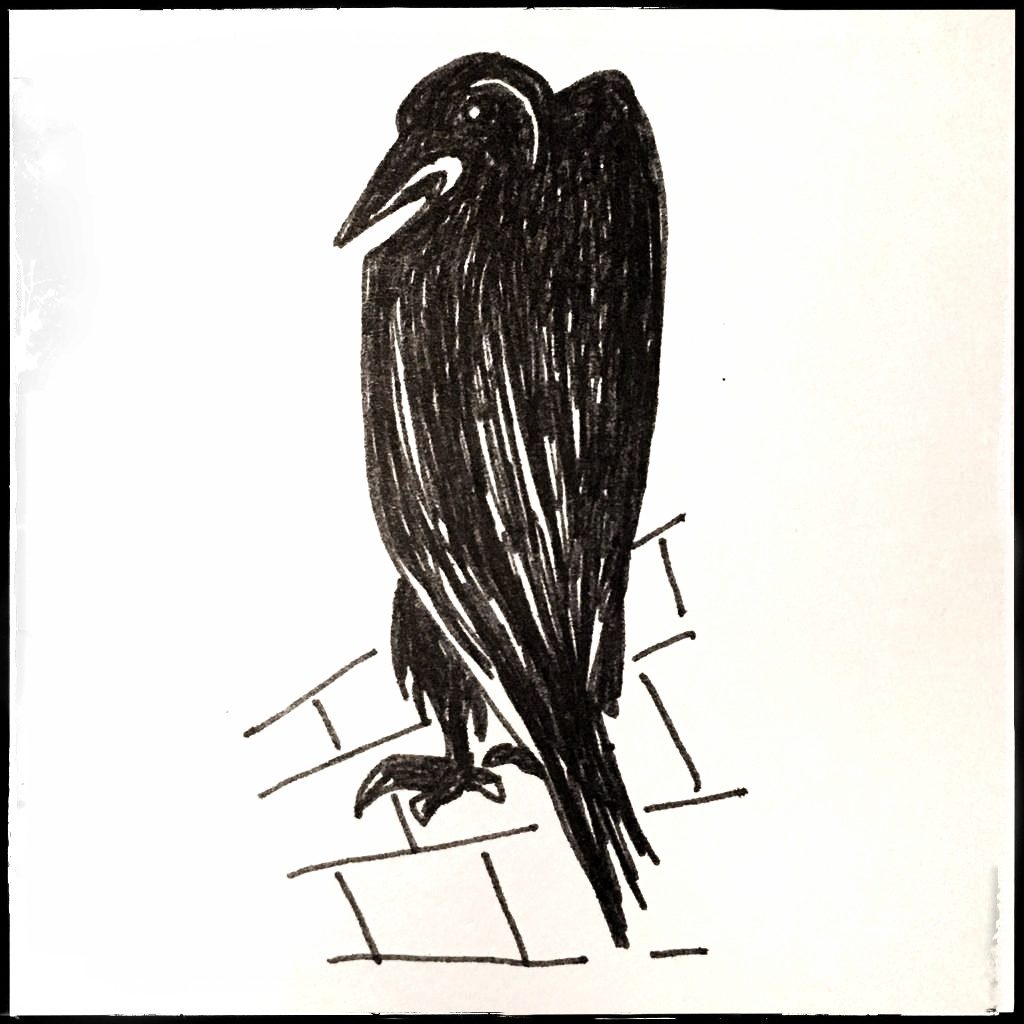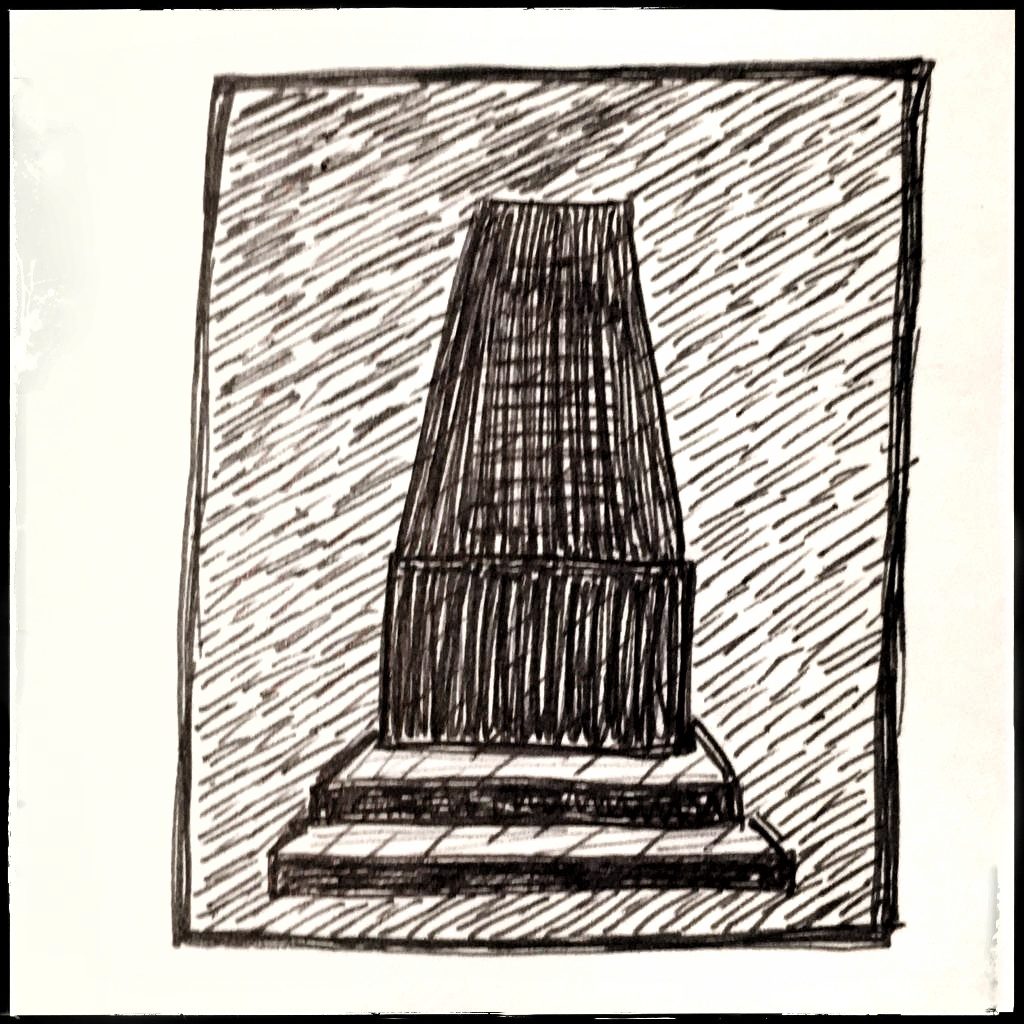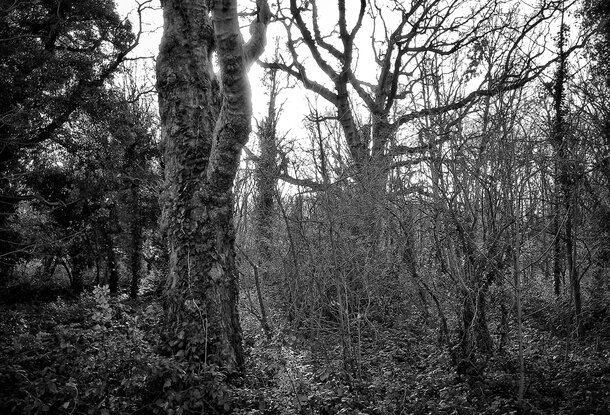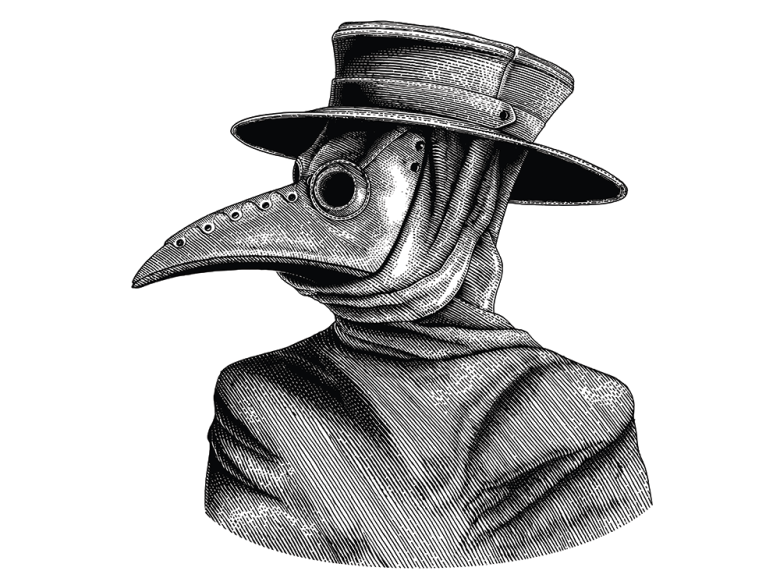On the morning of Sunday 24 January, 97,329 lives had been taken by the COVID-19 pandemic in the UK, according to Government statistics. By some estimates, the country had already passed 100,000 deaths 11 days earlier. Marking this milestone is in some sense artificial: each death is significant, each number raw. But it still registers in our decimalised brain.
Each week since the first lockdown, the three of us – all of whom you could describe as ‘policy wonks’ more used to factual analysis and advocacy – have been writing poems on a word or phrase, aiming to capture an aspect of the times. Sometimes we’re joined by a fourth and a fifth. We share what we write via WhatsApp and suddenly see how differently the others have interpreted the same thing. They’ve become a kind of diary. In 2020 we published a short collection of these called Plague Poems. Strangely, we never speak about them, making this a silent digital log of life during COVID.
The approaching loss of 100,000 people to COVID-19 inevitably became one of our weekly themes. This was hard to do, not least because one of us had just caught the virus. It was a moment to pause and consider the full horror of what has happened over the past year, to remember those who have gone and reckon with the suffering that is lies ahead in spite of the vaccine’s arrival. The works below were written over the weekend of 16th January and appear in the order in which they were first shared.
Andrew Simms, Nick Robins and Nicky Saunter

100,000 In the town of the dead People go about their business Much of it unfinished, there's more To do and much left unsaid Paperwork and visits, invisible hands To place on shoulders bowed Of those who didn't know And those close, cut low How to cope? Ropes to learn Do you bake for neighbours In a disembodied afterlife, catch Bewildered eyes asking, why? There are pressing duties too For new arrivals, before your Shade's memory fades (this happens) Find the living ears of those who'll hear Poets, the curious and not yet nailed down For the passing on of lessons How friendships, nature, simple pleasures And gratitude mostly mattered Grabbing hats, striding this way, that Down streets walked for evermore Passed shops selling pictures of the past Along the river to a barren town border Where the name on the sign cannot be read But the population of one hundred thousand dead Grows each day, like a booming One-way commuter belt for sad, sacked travellers Andrew Simms The Passed March It was first done on a day in spring, and the first ones marched wrapped close in rain with one of the alive to mark one of the dead, the long single file flowed down from the North then slowed and stopped, the name read, a bugle blast and another one stood at the Cenotaph one of one hundred thousand that now have passed And she stood all through in tartan black no tears left, a desert sob, dry runnels burned as if waving off an emigration, never to return and he stood, six dead ravens round his neck heckling the dead, pleading “it wasn’t my fault” failing to bring the procession to a halt. Such a long remembrance: we finished late that night the last name spoken extinguished the light we have so many more to come tomorrow more thousands to grieve, our souls all sorrow. Nick Robins 100,000 too big to see up close so turn the telescope and time’s cool hand may balm this pain ten middling townships or a small city state one fan-filled stadium still too many to grasp holding hands, holding hands such a gaping wound we circle stretched head to toe could we reach the moon crying out loud can the deaf ones hear us Nicky Saunter

Andrew Simms is a co-director of the New Weather Institute and coordinator of the Rapid Transition Alliance, Nick Robins is Professor in Practice of Sustainable Finance at the London School of Economics, Nicky Saunter is a green entrepeneur, a director of the Beaver Trust and works with the Rapid Transition Alliance.















